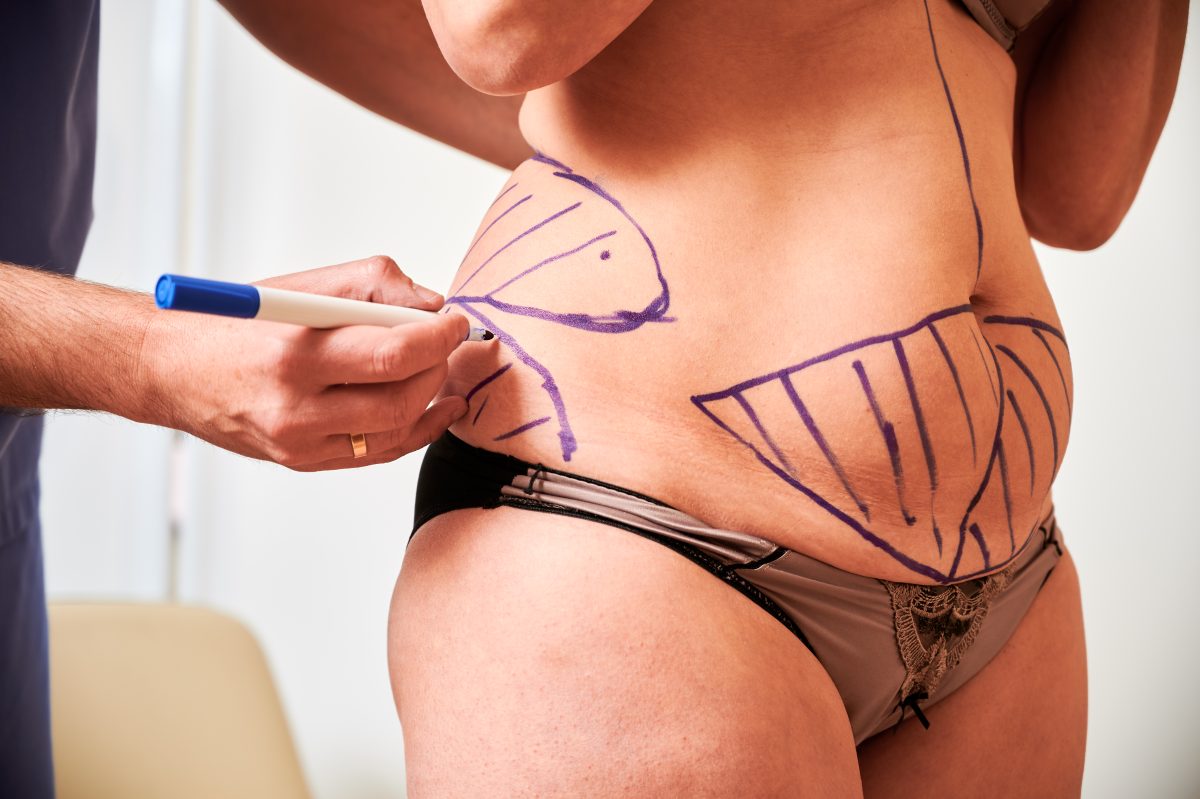
Liposuction is one of the most effective cosmetic procedures for removing stubborn fat deposits that resist diet and exercise. While the immediate results can be transformative, a common question patients ask is whether these results are permanent. The answer lies in understanding how liposuction works, what affects long-term outcomes, and how lifestyle choices play a role. At RH Plastic Surgery, serving Dallas and Plano, Texas, we aim to educate our patients on what to expect from liposuction and how to maintain their results over the long term.
How Does Liposuction Work?
Liposuction is a surgical procedure that removes fat cells from specific areas of the body, such as the abdomen, thighs, arms, or back. By using a specialized cannula, the surgeon suctions out fat deposits to sculpt and contour the area. The fat cells removed during liposuction are gone permanently; your body does not regenerate new fat cells in the treated area.
However, while the fat cells removed are permanently eliminated, this does not mean that future weight gain cannot impact your results. Understanding this balance is key to maintaining the benefits of the procedure.
Are Liposuction Results Permanent?
Yes, the results of liposuction are permanent in the sense that the fat cells removed will not grow back. However, the remaining fat cells in your body can expand if you gain weight after the procedure. This means that while the overall fat distribution may remain more balanced, the treated areas can still be affected if significant weight gain occurs.
Maintaining Permanent Results
- Stable Weight: Maintaining a consistent weight is the most important factor in preserving your liposuction results.
- Healthy Diet: Eating a balanced diet rich in fruits, vegetables, lean proteins, and whole grains can prevent new fat accumulation.
- Regular Exercise: Incorporating physical activity into your routine helps maintain your weight and overall health.
For more tips on maintaining a healthy lifestyle after surgery, check out this guide to post-surgical weight management.
Factors That Affect Long-Term Results
Lifestyle Choices
Patients who adopt healthy eating and exercise habits are more likely to enjoy long-lasting results. On the other hand, poor dietary habits or a sedentary lifestyle can lead to weight gain, potentially affecting the treated areas.
Hormonal Changes
Hormonal shifts, such as those caused by pregnancy or menopause, can impact fat distribution in the body. While the fat cells removed during liposuction will not return, hormonal changes can lead to new fat deposits in untreated areas.
Aging
As you age, your skin may lose elasticity, and your metabolism may slow, which could slightly alter the contours achieved through liposuction. While these changes are natural, maintaining a healthy lifestyle can minimize their impact.
For insights on how hormonal changes affect fat distribution, visit this article on body composition changes.
What Areas Are Commonly Treated with Liposuction?
Liposuction can be performed on various areas of the body to achieve a slimmer and more proportionate appearance. Commonly treated areas include:
- Abdomen
- Thighs
- Flanks (love handles)
- Upper arms
- Back
- Chin and neck
Why Professional Expertise Matters
While liposuction delivers incredible results, achieving a natural, balanced outcome depends on the skill and expertise of your surgeon. A board-certified plastic surgeon will not only tailor the procedure to your unique needs but also provide personalized advice on how to maintain your results for years to come.
RH Plastic Surgery: Your Partner in Lasting Results
At RH Plastic Surgery, we understand that achieving your ideal body is a journey that doesn’t end after surgery. Serving Dallas and Plano, Texas, we provide expert liposuction procedures along with guidance on maintaining your results through healthy habits. With our professional care and personalized approach, we help you achieve the long-lasting transformation you deserve.
